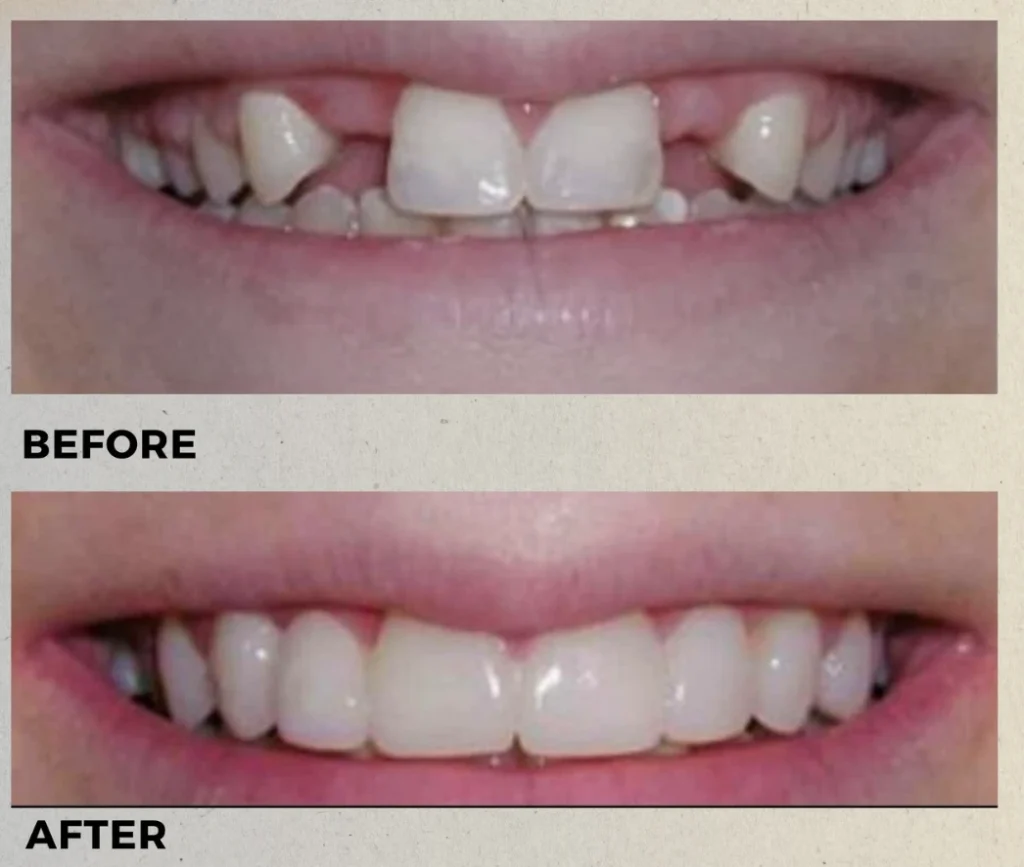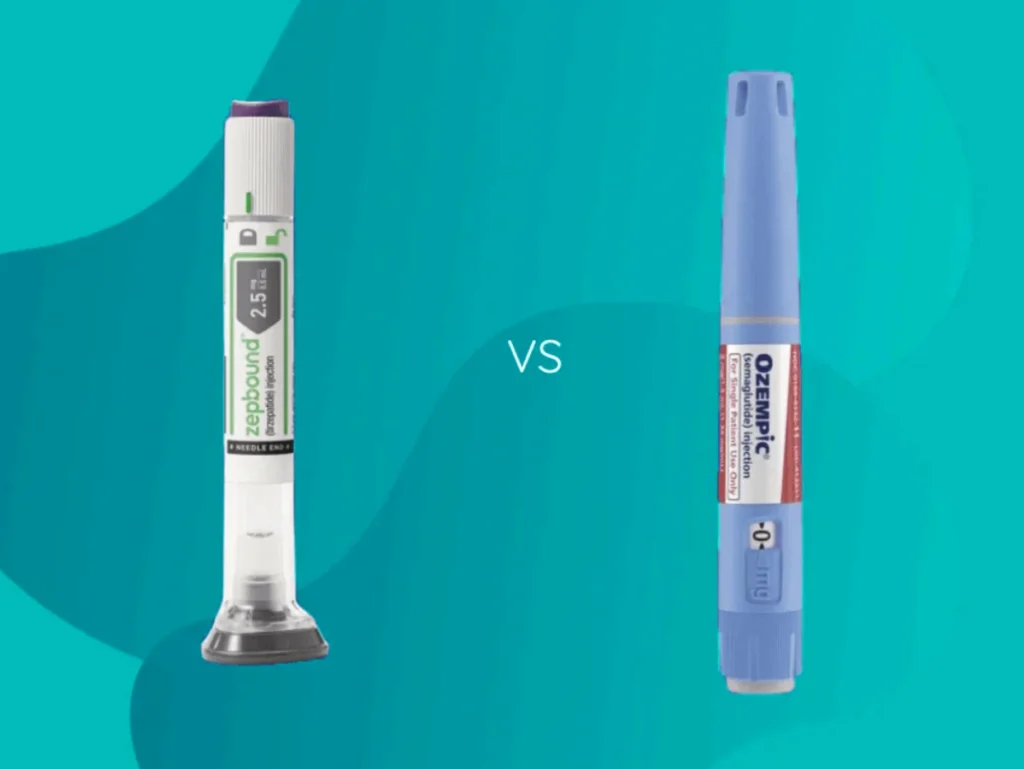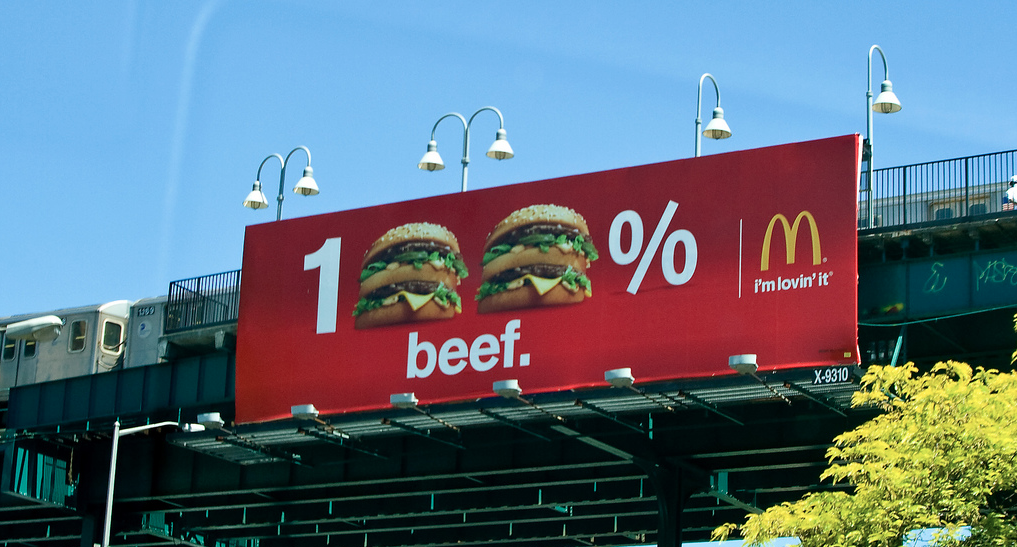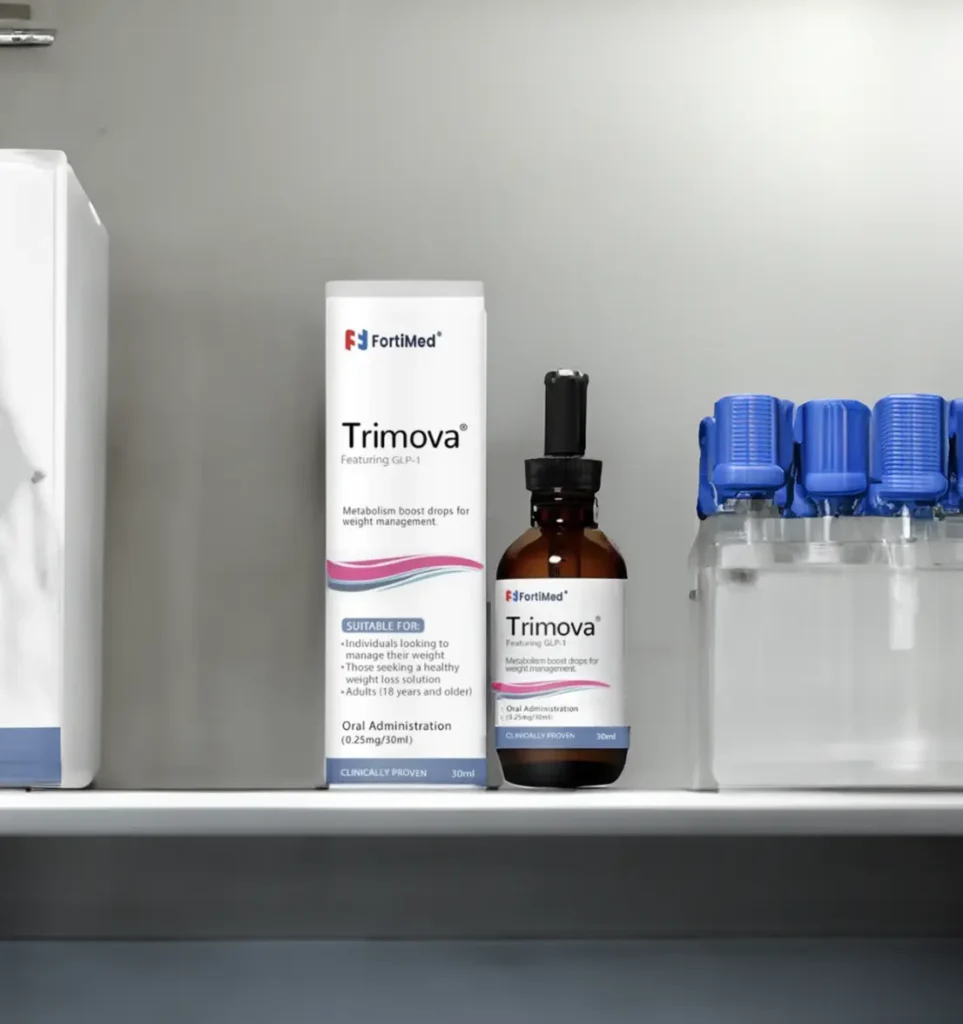
Can You Lose 50 Pounds in 6 Months?
Losing 50 pounds in six months is an ambitious but achievable goal if approached with the right mindset, strategies, and consistency. It requires a commitment to sustainable lifestyle changes, a calorie deficit, and a combination of healthy eating and regular physical activity. However, it’s essential to prioritize your health and avoid extreme measures that could harm your body.
In this article, we’ll explore whether losing 50 pounds in six months is realistic, the steps to take, and tips for success.
Is It Possible to Lose 50 Pounds in 6 Months?
Theoretically, it’s possible to lose 50 pounds in six months, as this requires an average weight loss of about 2 pounds per week. This falls within the CDC’s recommendation of 1–2 pounds per week for safe and sustainable weight loss.
Here’s the math behind it:
- 1 pound of fat = 3,500 calories.
- To lose 2 pounds per week, you need a calorie deficit of 7,000 calories per week (or 1,000 calories per day).
While this is achievable for many, the actual results depend on factors like:
- Starting Weight: People with more weight to lose may see faster initial progress.
- Metabolism: Age, genetics, and hormonal health can impact how quickly you lose weight.
- Consistency: Adherence to diet and exercise plans is crucial for steady progress.
How to Lose 50 Pounds in 6 Months
1. Create a Calorie Deficit
A calorie deficit is the foundation of weight loss.
- Calculate Your Daily Calorie Needs: Use a Total Daily Energy Expenditure (TDEE) calculator to estimate the calories you need to maintain your weight.
- Reduce Calories Safely: Aim to eat 500–1,000 calories less than your TDEE daily to create a manageable deficit.
Focus on nutrient-dense, lower-calorie foods like vegetables, lean proteins, and whole grains to stay full and energized.
2. Adopt a Balanced Diet
A balanced diet can help you lose weight while supporting overall health:
- Protein: Boosts metabolism and preserves muscle mass. Include lean meats, eggs, tofu, and legumes.
- Fiber: Keeps you full longer and aids digestion. Focus on vegetables, fruits, and whole grains.
- Healthy Fats: Include sources like avocados, nuts, seeds, and olive oil.
- Limit Sugary and Processed Foods: Avoid empty calories from snacks, desserts, and sugary beverages.
3. Exercise Regularly
Physical activity plays a crucial role in weight loss by burning calories and boosting metabolism.
- Cardio: Activities like running, cycling, or swimming can burn significant calories. Aim for 150–300 minutes per week.
- Strength Training: Builds muscle, which increases resting metabolic rate. Aim for 2–3 sessions per week.
- Everyday Movement: Incorporate walking, gardening, or other light activities to stay active throughout the day.
4. Monitor Your Progress
Tracking your progress can help you stay motivated and adjust your plan if needed:
- Weigh Yourself Weekly: Use the same scale at the same time each week.
- Take Measurements: Measure your waist, hips, and other areas to track changes in body composition.
- Log Your Food and Exercise: Use apps like MyFitnessPal to monitor your calorie intake and workouts.
5. Stay Consistent and Patient
Weight loss isn’t linear, and plateaus are normal. Stay consistent with your efforts, and don’t be discouraged by minor setbacks.
Tips for Success
- Drink Plenty of Water: Staying hydrated can help control hunger and support metabolism.
- Get Enough Sleep: Poor sleep can disrupt hormones that regulate hunger and appetite. Aim for 7–9 hours per night.
- Manage Stress: Chronic stress can lead to overeating or hinder weight loss. Practice relaxation techniques like meditation or yoga.
- Seek Support: Join a weight loss group, work with a dietitian, or find a workout buddy to stay accountable.
Potential Risks of Rapid Weight Loss
While losing 50 pounds in six months is possible, it’s essential to avoid extreme diets or overtraining. Rapid weight loss can lead to:
- Nutrient Deficiencies: Ensure you’re meeting your body’s nutritional needs.
- Muscle Loss: Prioritize protein intake and strength training.
- Fatigue and Mood Changes: Over-restricting calories can cause energy dips and irritability.
Final Thoughts
Losing 50 pounds in six months requires dedication, planning, and consistency. While it’s a challenging goal, it’s achievable with a healthy calorie deficit, regular exercise, and sustainable habits. Remember to focus on progress rather than perfection, and consult with a healthcare professional before starting any weight loss program to ensure it’s safe for your individual needs.
By staying patient and committed, you can achieve your weight loss goals and build a healthier lifestyle along the way.





































